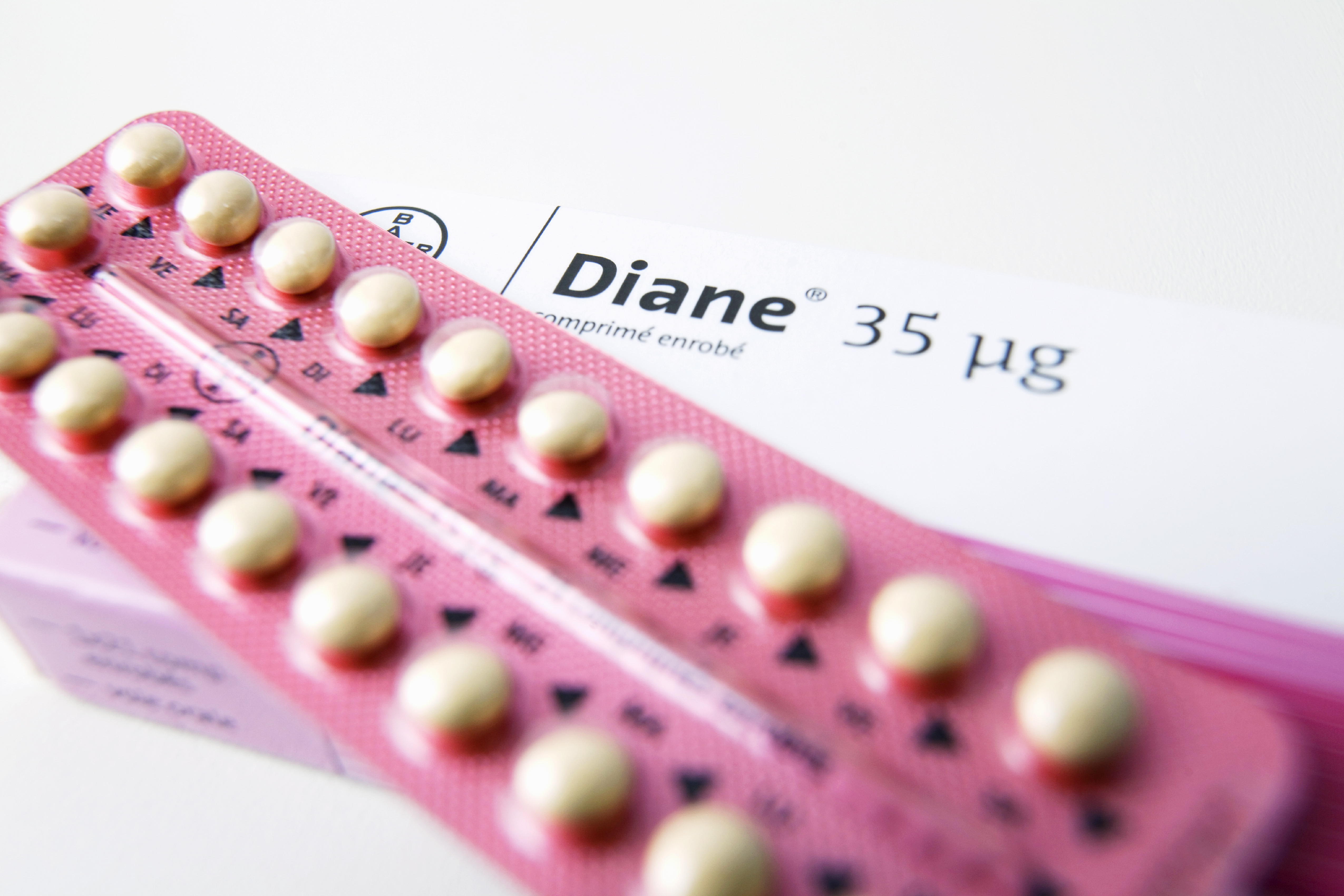Monkeypox: Gay and bisexual men at high risk to be offered vaccines as UK cases surge
Gay and bisexual men at high risk of contracting monkeypox are to be offered vaccines against the virus as cases soar in the UK.
The UK Health Security Agency (UKHSA) has recommended the smallpox vaccine Imvanex be administered, which has been shown to be effective against monkeypox.
Although the virus is not sexually transmitted, or exclusive to LGBTQ+ men, the UKHSA has said that UK data has found higher levels of monkeypox within “the sexual networks of gay, bisexual and other men who have sex with men”.
Dr Mary Ramsay, head of immunisation at UKHSA, said: “Our extensive contact tracing work has helped to limit the spread of the monkeypox virus, but we are continuing to see a notable proportion of cases in gay, bisexual, and other men who have sex with men.
“By expanding the vaccine offer to those at higher risk, we hope to break chains of transmission and help contain the outbreak.”
Dr Ramsay explained that LGBTQ+ men should not come forward for the vaccine, but instead wait for the NHS to send out details on how the vaccine will be delivered.
“Although most cases are mild, severe illnesses can occur in some people, so it is important we use the available vaccine to target groups where spread is ongoing,” she added.
NEWS: #Monkeypox vaccine to be offered more widely to help control outbreak.
Read more: https://t.co/noGY7eDnIb
— UK Health Security Agency (@UKHSA) June 21, 2022
Monkeypox cases have surged across the UK in recent weeks, with the total number of those affected now reaching 793 nationwide.
England is the most affected by the disease, with 766 cases, and London alone reaching 498.
Amid this surge in cases, the UKHSA has announced that it will be updating the public with the latest data on the virus, which can cause a rash, fever, and swollen lymph nodes, every Tuesday and Thursday.
Britain’s “first monkeypox case to go public”, James McFadzean, has warned the public that the stereotype of the virus affecting gay and bisexual men has led to discrimination and homophobia.
“It was stressful and lonely,” he said of the weeks he spent in isolation at his home.
“There were definitely reactions from people that made it out [to be a ‘gay disease’]. That is the narrative that’s been given.
“If there are men who have sex with men who aren’t gay or aren’t out who feel unwell or have a rash, they may not report it because they feel this is going to blow their secret.
“So are we alienating people from actually seeking advice where they need it?”






